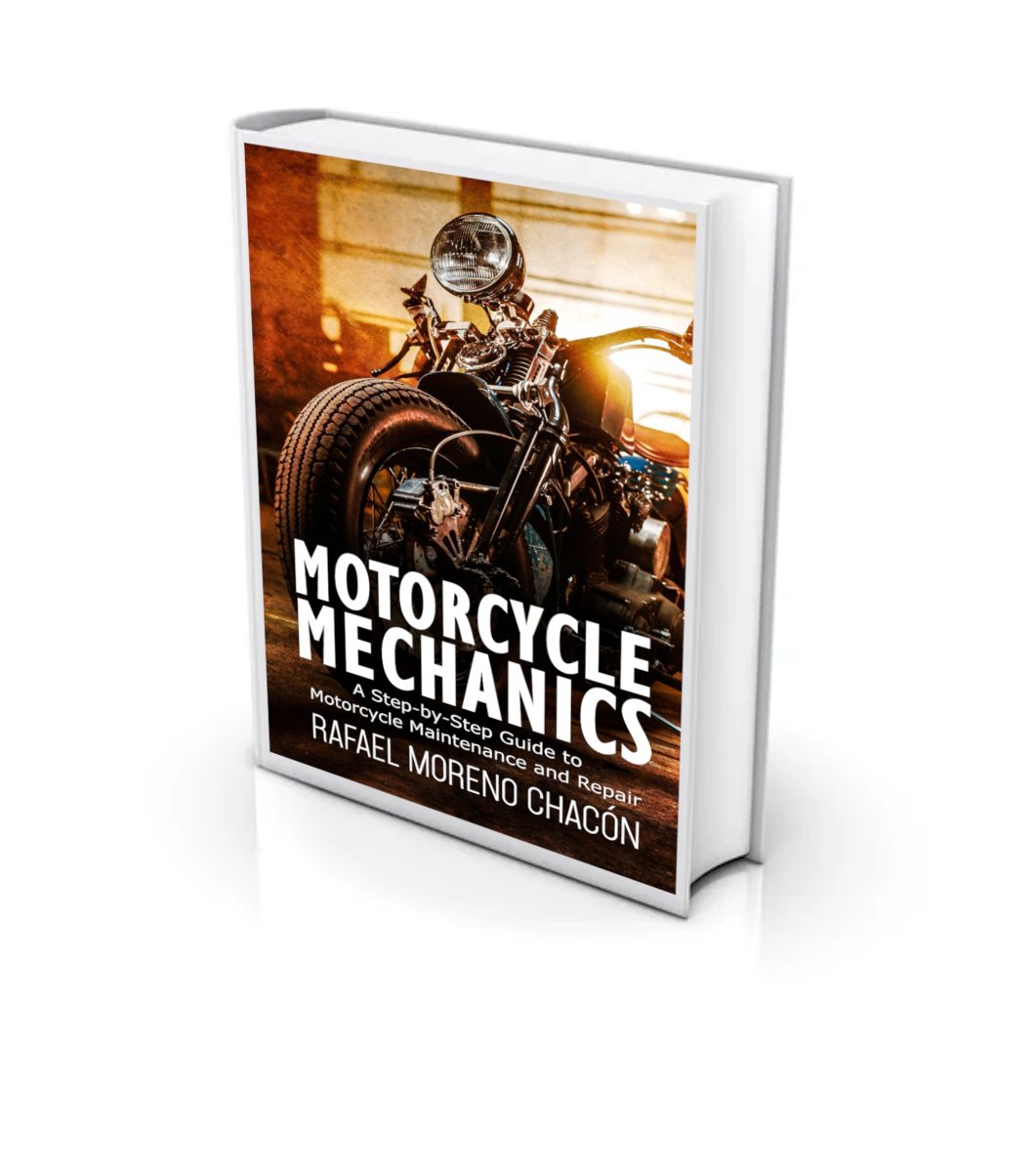New regulations require the addition of ethanol to gasoline. This is not always suitable for old cars and motorcycles. I will tell you what we can do to avoid the effects of ethanol in classic vehicles.
It is clear to no one that today’s gasoline is not the same as it used to be.
I am not going to assess whether it is better or worse, but it is more than clear that modern vehicles do not have the same needs as the old ones.
We can start by talking about lead, a highly polluting component that was eliminated from all gasoline but was essential to lubricate the valve seats of older engines.
In view of this, we have no choice but to use additives in gasoline.
However, today we are here to talk about ethanol.
What is ethanol and why is it added to gasoline?
Ethanol is a biofuel (obtained from the fermentation of vegetable sugars, such as sugar beet, sugar cane or corn) that is added to gasoline with the intention of gradually reducing our dependence on fossil fuels.
You can identify the presence of ethanol in fuels by the acronyms E5 and E10. The former has 5% ethanol in gasoline and the latter 10%.

How does ethanol affect a classic engine?
The tanks, engines and fuel systems of classic cars and motorcycles are not prepared for ethanol.
It is a component that can have all these negative effects in a vehicle not prepared for it:
- Stripping effect: ethanol is a strong stripper. It can easily strip the inside of the tank of your old motorcycle. You know where all that paint will end up, don’t you?
- Ethanol has a significant capacity to absorb moisture present in the air. This humidity can end up oxidizing metal components that are not properly protected or prepared for this purpose.
- Ethanol causes premature evaporation of the fuel.
- Ethanol affects the tires that have not been designed for it. Such is the case of the rubber present in our old carburetors. It literally eats them. It also attacks other plastics and silicones, such as those found in fuel tank taps, carburetor connections to the engine or fuel lines.
- The lubricating power of gasoline is reduced by the presence of ethanol. First they take away the lead, which was used as a lubricant, and now the problem is aggravated by the presence of ethanol.
- This component generates residue deposits in the engine over time.
As you can see, ethanol is quite a treat for our classic vehicles.
How can I protect my classic vehicle from ethanol?
Life happens, times change and we are asked to adapt to them.
The truth is that they don’t always make it easy for classic car lovers.
The problem is that we have no choice but to put up with it.
To combat the harmful effects of ethanol in gasoline, the following tips can be followed:
1) Protect the inside of the fuel tank.
There are products that create a protective inner layer in the fuel tank, which will prevent the ethanol from decaffeinating the paint that will end up clogging the carburetor.
The one I have tested is a bicomponent product called KRM Kreem. The first one removes all the rust and dirt embedded in the tank and the second one creates a layer that adheres to the inside of the tank protecting it and preventing future rust.
2) Use quality gasoline
As the octane rating of gasoline increases, the proportion of ethanol in gasoline decreases.
A good way to protect ourselves from ethanol is to use high quality gasoline.
Avoid refueling at low cost gas stations with your classic vehicle, or at those where you are not sure of the quality of their fuels.
3) Use protectors against ethanol.
There are additives that protect the engine of classic vehicles that are not prepared for the use of ethanol.
They work by blocking the moisture-absorbing capacity of ethanol by drying the gasoline. They also prevent corrosion and deactivate some of the more pernicious properties of ethanol.
The ones I have been able to find are of the BG brand, however they are difficult to find in Spain.
4) Use gasoline additives
Other gasoline additives, although not specifically ethanol inhibitors, act against its consequences, so they will also improve the performance of your classic vehicle.
Such is the case of anti-corrosion additives, such as the famous Gasoline Treatment from Metal Lube or the gasoline cleaners from Motorex.





